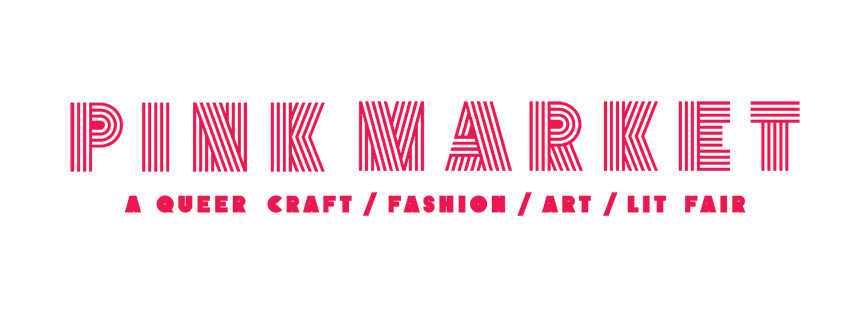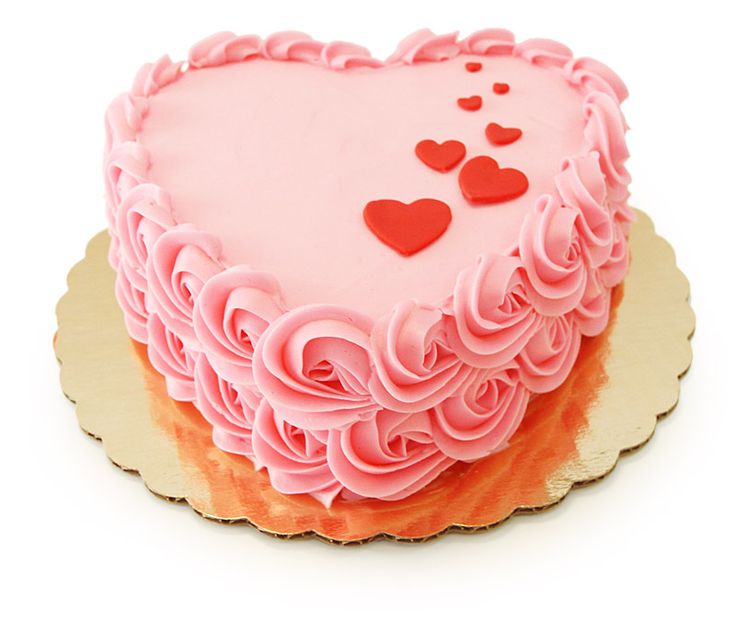I love you.
There. I said it. That wasn’t so hard, right? Those three little words — three syllables, really — are among the most coveted and most difficult words to say in the English language. (Surpassed only by “I forgive you” and, the most difficult phrase of all, “I’m sorry.”)
Context: I’d been having some trouble coming up with an idea for my Valentine’s column this year and wrote my editor in a cold panic.
“EMBRACE THE LOVE!” she exclaimed in all-caps.
I tried. But throwing my arms around a Hallmark holiday felt disingenuous. Not unlike the holiday season, Valentine’s Day can be a painful and lonely time for many. So instead of embracing February the 14th and all associated ephemeral trappings of romance (fancy chocolates, flowers, marriage certificates), I’m embracing Pollyanna. I’m embracing patchouli. I’m embracing the free expression of love itself.
And so, I love you.
When training my matchmaking consultants, I play them the Sloan song “The Good in Everyone.” I ask them to internalize the lyrics about being a person who sees the good in everyone because that makes our jobs easier.
Not everyone is going to be your cup of tea, but you have to pinpoint what’s lovable about every single person you meet. That’s what good matchmakers do. That’s what the best people do, too.
You can usually find something — often multiple things — that are amazing in every person you meet. A genius sense of humour, maybe. An aching vulnerability. Self-awareness. Intelligence. Loyalty to friends and family. Optimism. A strong work ethic. The best of intentions.
I love you, reader. Whoever you are. Not romantically, but emphatically. I love you, even though I don’t know you.
I love you because you are a person with a past that may not have always been kind.
I love you because you have worries that sometimes keep you up at night.
I love you because you’ve read a poem or a short story or heard a song or seen a piece of art or experienced natural beauty that has buoyed your heart or broken it.
Read the rest of the article here





